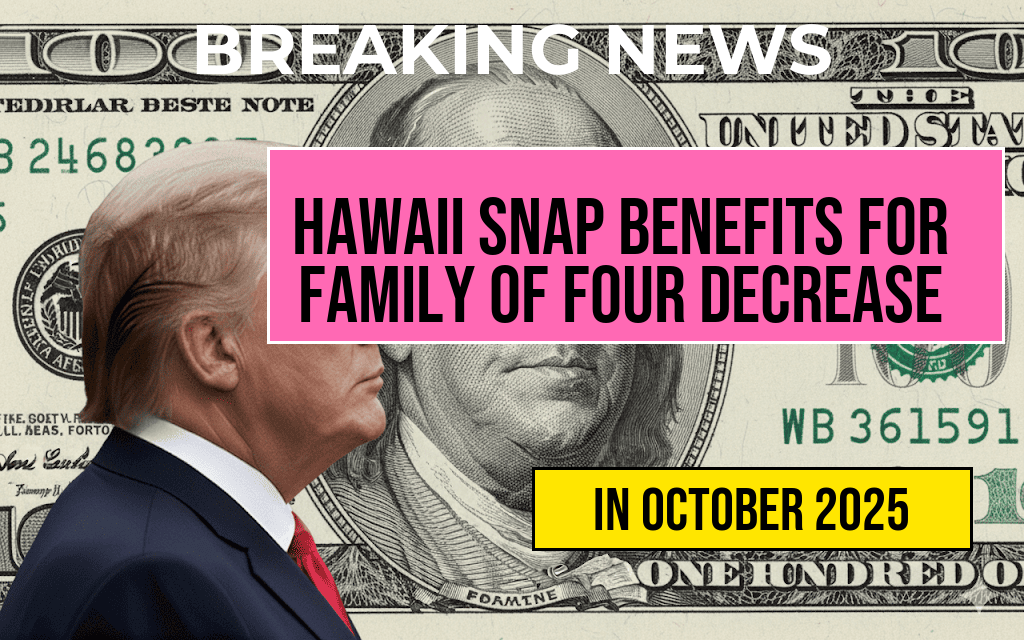As the U.S. government faces the looming threat of a shutdown, the future of Affordable Care Act (ACA) subsidies is in jeopardy. These monthly credits, ranging from $300 to $800, play a crucial role in helping millions of Americans afford health insurance. With negotiations intensifying in Congress, the potential loss of these subsidies could leave many struggling to meet healthcare costs. Lawmakers are grappling with budgetary constraints, and the fate of the ACA credits has emerged as a pivotal issue in the ongoing discussions. This situation not only impacts individuals and families reliant on these subsidies but also poses broader implications for the nation’s healthcare system.
The Importance of ACA Subsidies
The Affordable Care Act, enacted in 2010, aimed to expand healthcare coverage and reduce costs for low- and middle-income Americans. One of its key features is the provision of subsidies that make health insurance premiums more affordable. These monthly credits significantly lower the cost of insurance, allowing millions to access necessary medical care.
Current State of ACA Subsidies
As of 2023, approximately 13 million Americans benefit from ACA subsidies, which help reduce premiums based on income levels. These credits vary depending on factors such as household size and income, ensuring that assistance is targeted where it is most needed. According to recent data, the average subsidy is around $500 per month, but some individuals qualify for much higher amounts.
Implications of a Government Shutdown
The potential government shutdown raises concerns about the continued funding of ACA subsidies. If Congress fails to reach an agreement, funding for these credits may be interrupted, leading to increased premiums for many. This situation could result in a healthcare crisis, pushing individuals to forgo necessary medical care due to cost concerns.
Political Landscape and Negotiations
The budget negotiations in Congress are becoming increasingly contentious, with various factions holding differing views on healthcare spending. Some lawmakers advocate for maintaining or even expanding ACA subsidies, emphasizing their importance in promoting public health and reducing overall healthcare costs. Others argue for budget cuts and fiscal responsibility, putting the future of these subsidies at risk.
Key Players in the Debate
- Democrats: Generally support the continuation and expansion of ACA subsidies, viewing them as vital for providing access to affordable healthcare.
- Republicans: Some are pushing for cuts to the ACA, arguing that the program is unsustainable and needs reform.
- Healthcare Advocates: Organizations and advocacy groups are lobbying Congress to prioritize these subsidies, highlighting their impact on millions of lives.
Public Sentiment
Public opinion surveys indicate strong support for ACA subsidies among the American populace. Many individuals who rely on these credits express concern over their potential loss, fearing that they will be unable to afford necessary healthcare. Advocacy groups are mobilizing campaigns to raise awareness of the issue, urging constituents to contact their representatives and voice their support for maintaining these critical subsidies.
What Happens Next?
As the deadline for a government shutdown approaches, the pressure on lawmakers to reach a consensus intensifies. Discussions are ongoing, and although the outcome remains uncertain, the stakes are high. A failure to secure funding for ACA subsidies could have dire consequences for millions of Americans and the healthcare landscape as a whole.
Resources for Consumers
Individuals concerned about their ACA subsidies can access resources and information through various channels:
- HealthCare.gov – Official site for health insurance information.
- Forbes – ACA Subsidies Explained – Comprehensive guide to understanding subsidies.
- Kaiser Family Foundation – Key facts about ACA subsidies and their impact.
As the situation develops, stakeholders will continue to monitor the negotiations closely, recognizing that the outcome will have lasting effects on the healthcare system and the well-being of countless Americans. The coming weeks are set to be pivotal in determining the future of ACA subsidies amidst a challenging political landscape.
Frequently Asked Questions
What are ACA subsidies and why are they important?
ACA subsidies are financial assistance programs designed to help individuals and families afford health insurance purchased through the Affordable Care Act. These subsidies can significantly reduce monthly premiums, making healthcare more accessible for millions of Americans.
How much can individuals receive in ACA subsidies?
Individuals can receive monthly credits ranging from $300 to $800, depending on their income and household size. These credits are crucial for making health insurance premiums affordable for lower-income families.
What is the current status of ACA subsidies amid the government shutdown?
As the government faces a potential shutdown, there is concern that ACA subsidies could be at risk, affecting millions of people who rely on these financial aids to maintain their health insurance coverage.
Who is most affected by changes to ACA subsidies?
The changes to ACA subsidies primarily affect low- to middle-income individuals and families who depend on these monthly credits to afford necessary healthcare services and insurance premiums.
What can individuals do to protect their ACA subsidies?
Individuals should stay informed about legislative developments regarding ACA subsidies and consider reaching out to local representatives to express their support for maintaining these vital financial aids during the shutdown battle.








